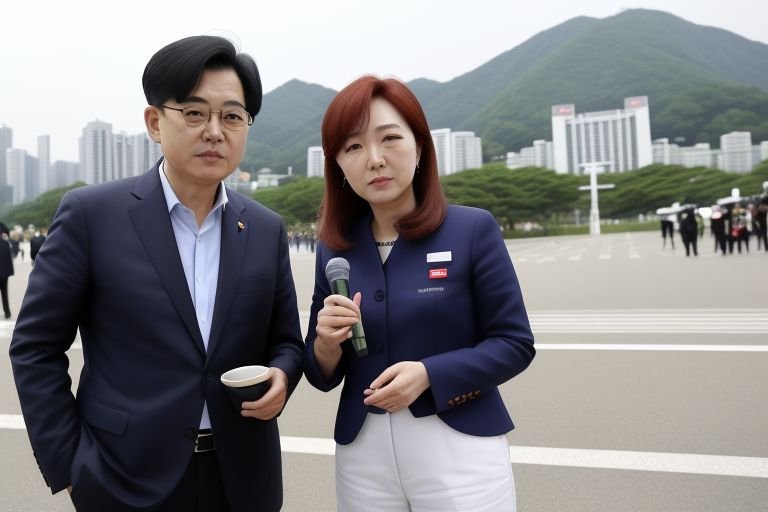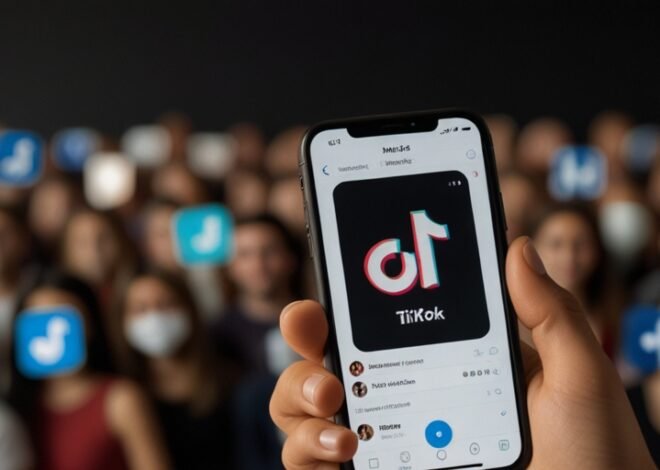
Social Media Fuels Political Divide in South Korea
South Korea is heading toward its parliamentary elections set to happen this Wednesday and with the existing political divide as sharp as ever, the political infighting has shifted to social media channels. Through such online platforms, the social media has as of recent been associated with the proliferation of false information, bigotry, and even yelling of violence amidst others; thus, regarding the advancement of digital media on the nation’s democratic process.
The physical attack on the opposition leader Lee Jae-myung in January is still fresh image of the political instability in South Korea. This, combined with a hatred and misinformation scope spread widely on the internet, has led analysts to discuss further real world violence that may have originated in cyberspace.
Currently, social networks are actively filled with radical political opinions and conspiracy theories. The “deepfake” images and videos have filled Facebook, Instagram, and TikTok, with one video showing Yoon Suk Yeol, the president of South Korea, tendering an apology for his corruption and ineptitude. Recommendations such as these are apt to influence the populace and deepen existing political polarization.
In the upcomming parliamentary vote, it would be seen to what degree DP can strengthen its majority and thereby make more difficult the situation for conservative President Yoon Suk Yeol and his PPP. However, concerns with major problems facing the country like both ongoing doctors’ strikes, economic problems, decreasing population, and issues with North Korea are overshadowed by ad hominem attacks and really wild conspiracy theories about how the political opposition is threatening country’s safety.
Sungkyunkwan University’s Professor Lee Jae-kook carried out a study that showed that of 30 million comments left on news reports during the presidential election of 2022, half had some form of hate expression. Of these many were pretty much ordinary trolling, however, a large number of them were more akin to hate speech, where citizens were openly calling for violent action against certain people or organizations.
Political dialogue on social media in South Korea has recently escalated to the level comparable to the clearly divided pro- and anti-Trump discourse. Instead of calming the society, political leaders have contributed to the pulling apart the society through the use of inflammatory language. PPP chief Han Dong-hoon has called the opposition ‘criminals,’ while President Yoon has used ‘anti-state forces,’ and ‘gang-like cartels’ to address the opposition.
Measures to try and stop fake news and hate speech on social media have not been easy to implement. Some platform proprietors, such as Facebook, have removed certain of the offending images and posts; nonetheless, there is far too much material to moderate properly. The ‘politics of hate’ slogan has been condemned by both the ruling party and the opposition but levels of resentment are thought to persist because new technologies, such as social media, will only make hate speakers more prominent.
The reality that stretches beyond the social media platform may be underscored by the attack on Lee Jae-Myung, South Korea’s presidential contender. The 67-year-old attacker previously shared radical political opinions, and frequently enraged people that must be shot as “Communist traitors.”
During these exiting years of South Korean politics, a shift of focus can be observed to enhanced possibilities of regulation as well as education against lots of fake news and hatred speech. Nevertheless, there are still difficulties related to the extent of freedom of speech and to the prohibition of provocation to violence.
The result of Wednesday’s election can help to know how much social media has changed the social talk and also how much it altered the results of an election. In either case, it is evident that the concern with the problem of online polarization and its possible manifestations in reality ensures that it will be one of the important challenges for the South Korean society and its authorities in the future.


